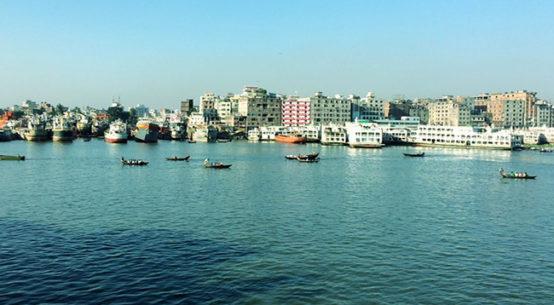
Many people of Bangladesh have become jobless, thanks to nationwide lockdown imposed to control the spread of the second wave of Covid-19. Against this backdrop, the government has yet again, like last year, declared cash aid for 35 lakh jobless, poor and low-income people hit hardest by the pandemic. Moreover, some 100,000 famers across the country will also get the prime minister’s cash assistance.
Undoubtedly, this is a noble initiative by the government, in its continued effort to keep feeding the poor amid hard times. However, the ultimate challenge is to reach the money to the target communities. And here we do have reasons to be concerned, thanks to the despicable experience we gathered last year in this regard.
In 2020, Prime Minister Sheikh Hasina allocated Tk2,500 per head as Eid gift for 50 lakh low-income people. The local committees comprising district administration, upazila administration, Union Parishad (UP) chairmen, members, teachers, and dignitaries of the society had made lists of the beneficiaries. But there had been reports of irregularities in various places while making the lists. Eight lakh mobile phone numbers had been canceled as the same mobile number had been used more than once on that list. There had been plenty of allegations of irregularities, nepotism and financial transactions against many UP chairmen and members in various places all over the country. Allegations ran rife that the names of the rich had also been added to the list. As a result, the programme had been stopped after the government had sent money to 35 lakh listed people while many unemployed people had reportedly been deprived of the prime minister’s Eid gift.
The government’s food assistance programme too had been stained by mindless pilfering by many public representatives from the ruling party. More than a hundred public representatives, including UP chairmen and members, had been suspended over their involvement in these inhuman activities.
Nevertheless, we hope this year would be a different one, in respect to the distribution of the prime minister’s fund for the poor. The government has a massive role to play here. During making the list of new beneficiaries, it should not rely only on the local committees but centrally monitor the entire process – from making the list to distribution of the money. We hope the government will centrally scrutinise each and every detail of the lists likely to be sent by local committees and double check if the already prepared list of 35 lakh beneficiaries has misinformation. If every public representative as well as all others involved in the chain of the programme can be brought under strong accountability, the risk of money going into wrong hands would be reduced. The citizen data preserved with the Election Commission can be utilised here to validate the information of the beneficiaries.
Above all, we hope the prime minister’s initiative this year would be completed in a nicer fashion. However, one point should be noted here that a one-time cash assistance would do little for the poor and jobless people. Rather, the government is urged to continue the programme until the people return to their usual working life.


